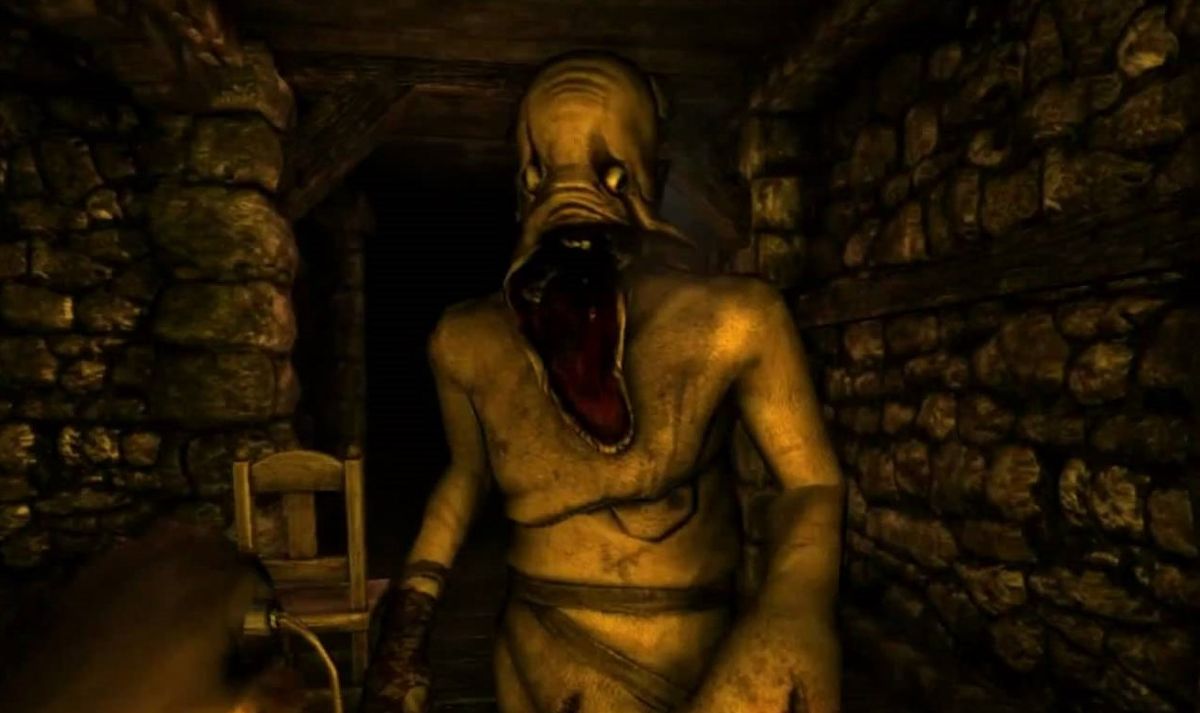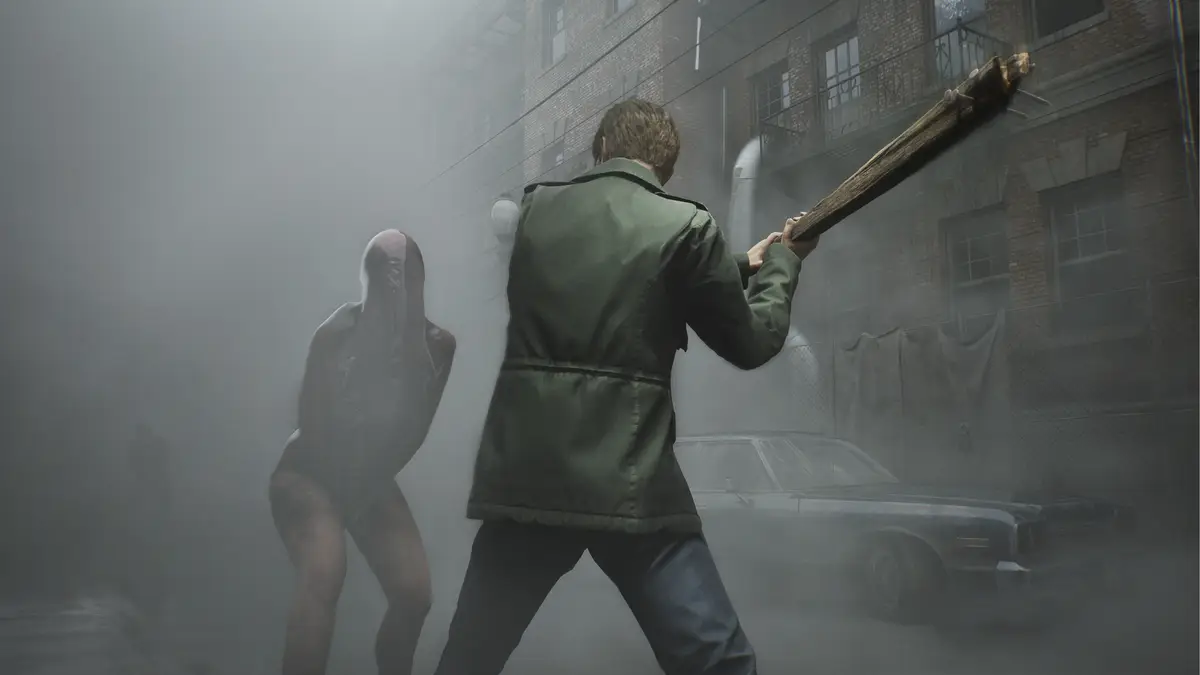Our Amnesia: The Dark Descent review doesn’t just talk about what the game does—it focuses on what it takes away. Control. Comfort. Sanity. There’s a specific kind of fear that sets in when you’re holding a lantern with barely any oil left, hiding in a wardrobe while something snorts and scrapes just outside.
Developed by Frictional Games and released in 2010, Amnesia was a wake-up call to horror fans who thought they’d seen it all. It redefined what “helplessness” could feel like in a video game, and it did so without a single gun.

It Starts With Forgetting
You wake up in a dark castle. No memory. Just a note in your own handwriting telling you to kill someone named Alexander. That’s the setup. And it’s all you get. From there, Amnesia lets you spiral downward—into the depths of the Brennenburg Castle and into the far less stable corridors of your own mind.
What follows is exploration-based horror stripped of combat. You can’t fight back. You run, you hide, or you go mad. Literally.
Sanity Isn’t Just a Meter
The game’s standout mechanic is its sanity system. Stay in the dark too long or look directly at a monster, and your grip on reality starts to fray. You hallucinate. You see bugs crawling on the screen. You hear whispers and nonsense. It’s terrifying because it doesn’t feel gamified—it feels invasive.
Your only defense is light: torches, candles, your lantern. But oil is scarce, and flint even more so. The game forces you to make terrible choices. Burn your last tinderbox to feel safe for ten seconds? Or save it and risk stumbling through pitch black halls, not knowing what’s around the next corner?

A Different Kind of Monster
Unlike other horror games of the time, Amnesia didn’t rely on jump scares (though it has them) or gore. Its enemies, the Gatherers, are horrifying, sure—but rarely seen. When they are seen, you better run. And pray. Or crouch behind a barrel until your teeth stop chattering.

The real monster, though, is what you uncover through scattered notes and half-recalled memories. The backstory is Lovecraftian in tone—interdimensional horror, ancient forces, moral collapse. But it’s all grounded by the simple fact that your character did something terrible. He just doesn’t know what it is—yet.
A Moment That Defines It
There’s a moment early on when you first hear something heavy breathing, but you see nothing. You edge into a hallway, and your screen warps. Music shifts. You duck into a closet and just wait. It passes. Or maybe it doesn’t. That uncertainty is what Amnesia is built on. It weaponizes your imagination.

Verdict
Amnesia: The Dark Descent isn’t just scary. It’s psychologically punishing in the best way. It pulls you into a world that wants to destroy your sense of safety, control, and eventually identity. It’s one of the few horror games that doesn’t just want to scare you—it wants to unravel you.

Our Amnesia: The Dark Descent review stands by this: if you haven’t played it, turn off the lights, put on headphones, and find out who you really are when there’s nowhere left to hide.





Leave a Reply